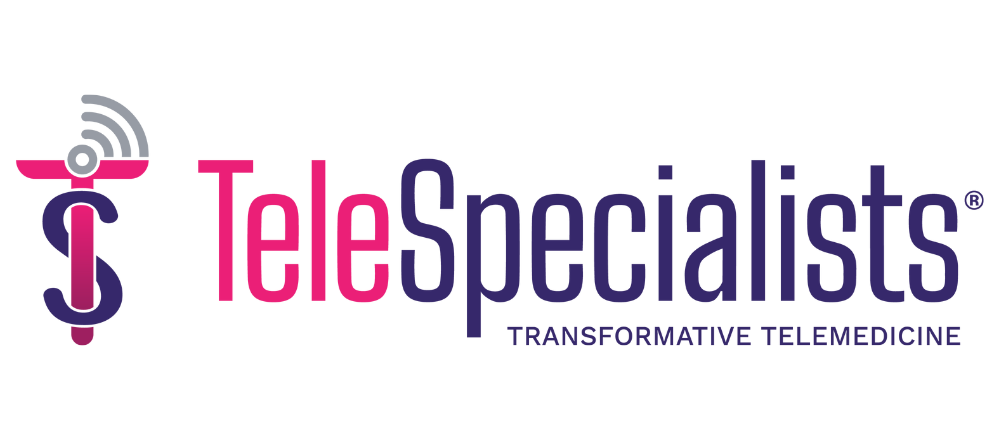The healthcare industry’s transition toward value-based care is forcing providers to adopt new and emerging business models in lieu of traditional fee-for-service payment. At their core, these business models have the principle of value-based reimbursement, in which providers must meet certain quality care standards while controlling costs in order to get paid.
And while the election means that the Affordable Care Act will likely be changed, we at GE Ventures, don’t believe the fundamental driving force of providing better outcomes at lower costs will be stymied.

Solving Healthcare’s Provider Data Problem Starts with Interoperability
Break down the silos. Take control of your provider data.
In other words, the fundamental challenge facing healthcare providers —improving quality while cutting costs — remains. Compounding this challenge are numerous competitive and regulatory factors, many of which are constantly evolving. In addition to meeting current quality reporting standards set by the Centers for Medicare and Medicaid Services (CMS), many hospitals and private practices now must meet the value-based requirements of multiple health plans and accountable care organizations (ACOs).
If that weren’t enough unless the healthcare law is severely revised, providers will continue to deal with increased patient volume as millions of uninsured Americans now have coverage. And since many of these current plans carry high deductibles, patient choices for providers are based less on loyalty and convenience and more on price and perceived quality of care. Patients are becoming healthcare consumers.
Success in this new landscape requires healthcare providers to harness the power of data and automation. Fortunately, technology giants and startups alike are working on analytics solutions designed to improve how clinicians treat patients, optimize the revenue cycle, and increase operational efficiency.
Our firm is committed to providing initial funding for the startups focused on improving healthcare. We have invested in more than two dozen healthcare companies, including a number specializing in analytics. While the ways in which analytics can be applied to healthcare are almost limitless, GE Ventures is focusing its investments on several broad categories within the healthcare realm. These categories, outlined below, span the clinical, operational and financial elements of healthcare.
Risk adjusting and management
Predictive analytics has been used in the healthcare industry over the past several years to help establish rates and identify patients with chronic conditions. But the transition to value-based care, the increase in patient volume and an aging population, as well as the growing reliance on consumer payments for revenue have introduced myriad potential risks for healthcare providers and payers.
The next level of risk analytics will incorporate clinical and financial elements that will enable healthcare organizations to measure and manage risk in geographic and demographic patient populations. By identifying high-risk patients and offering interventions such as regular checkups, behavior modification programs, and disease management tools, providers can minimize hospitalizations and surgeries, which are expensive.
Utilization management
Under value-based reimbursement, healthcare providers face tremendous pressure to avoid wasteful spending. This includes providing services and facilities far beyond what is necessary for a given patient, a practice that leads to unnecessarily high costs. Analytics can improve utilization management helping providers efficiently deploy resources in ways that meet the needs of the patient while passing the “utilization reviews” used by payers to assess the appropriateness of treatment.
Performance management
For providers to improve clinical and financial performance, they need to constantly measure performance against established benchmarks and goals. Analytics can give healthcare providers the metrics for assessing performance as well as data showing which processes or activities should be changed to ensure performance goals are met.
Financial
Healthcare providers are operating on shifting sands, juggling the value-based requirements of multiple health plans, Medicare, and ACOs, along with the reality that patients are contributing a growing percentage of dollars to the revenue cycle.
These changes are causing tremendous upheaval to provider revenue cycles and no small amount of financial uncertainty. Financial analytics can help providers smooth out the revenue cycle by highlighting areas of inefficiency that lead to delayed claims, rejected claims, and uncollected money from patients. Analytics can also save money by preventing duplicative clinical services.
Operational
In a value-based healthcare system, inefficiency can mean the difference between profit and loss, and, perhaps, insolvency. Analytics software can drill deep into a healthcare organization’s processes, allowing providers to optimize their workforce, smooth out workflows, and eliminate costly mistakes, such as double-booking an operating room.
Photo: goir, Getty Images
This is a paid member feature of MedCitizens. Please submit here and join!
This post appears through the MedCity Influencers program. Anyone can publish their perspective on business and innovation in healthcare on MedCity News through MedCity Influencers. Click here to find out how.









